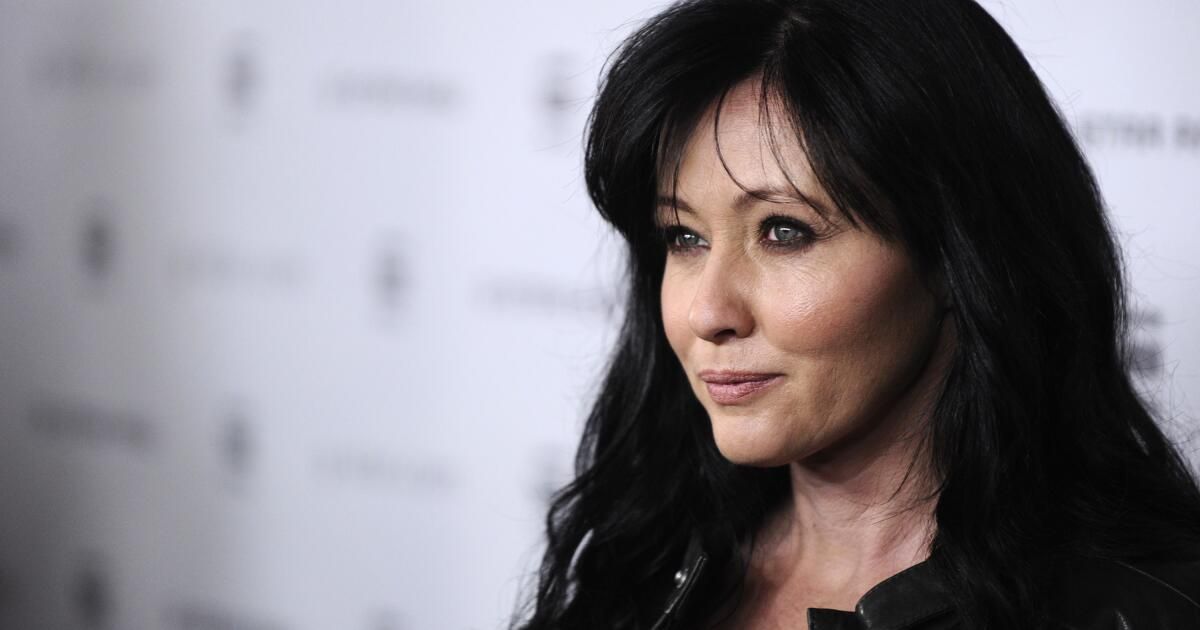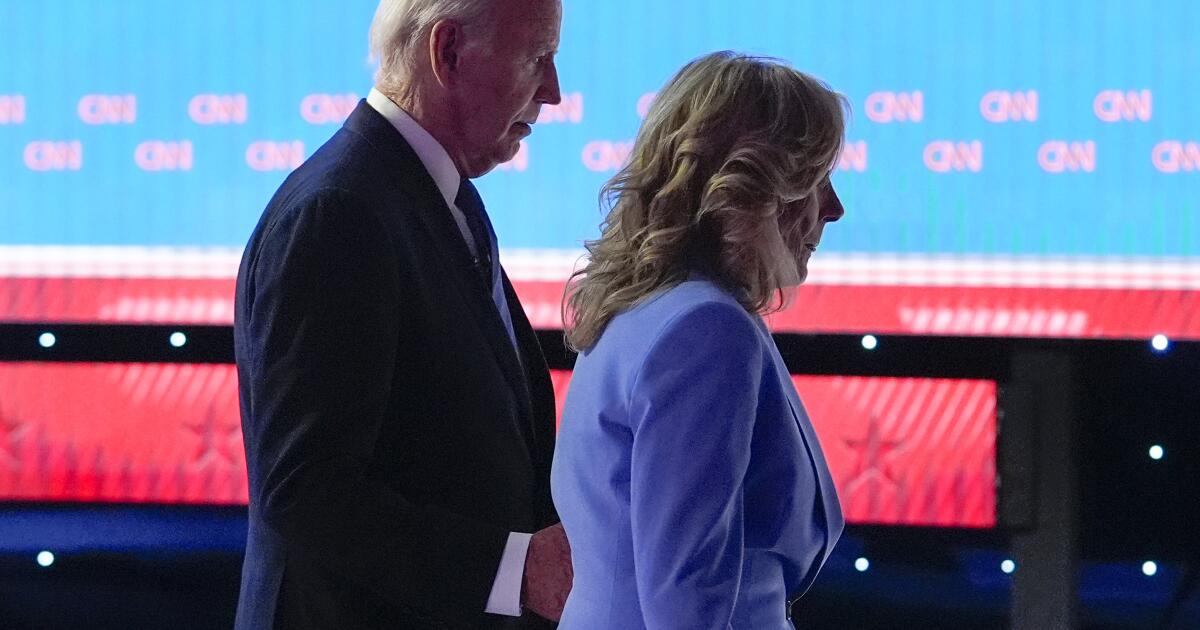As Brenda Walsh on “Beverly Hills 90210,” Shannen Doherty represented a bit of reverse typecasting. She was a sultry, dark-haired beauty, her green eyes peeking through long bangs, but she played the good girl, a Midwestern virgin lost in the Sodom of Beverly Hills. Similarly, an angelic-looking blonde, Jennie Garth, played Kelly, a worldly and experienced Southern California vixen, Brenda’s best friend and sometimes treacherous rival.
Had Aaron Spelling deliberately set out to reverse the (deeply Eurocentric) pop culture Betty/Veronica stereotype of blondes as virtuous and brunettes as dangerous? Perhaps. (The old Hollywood version of this is the 1950s tabloid feud between sexy brunette Elizabeth Taylor and sweet blonde Debbie Reynolds, who were friends before Taylor “stole” Reynolds from her then-husband, Eddie Fisher.)
But the old dichotomy came roaring back anyway, in the form of a behind-the-scenes “90210” plot: Doherty earned a reputation as a “mean girl” off-camera. Rumors swirled about her supposedly demanding and entitled behavior on set. She was a Veronica, after all. Co-stars, who reportedly included Spelling's daughter, Tori — he complained, until finally, in a highly publicized move, Doherty was fired. The fallen angel was expelled from Eden.
It was a setback for Doherty, but also a classic example of how much pop culture relies on good-girl/bad-girl stories, both on-screen and off. As difficult as male actors can be, we rarely get as much detail about their professional behavior. Nor do men provoke the level of moral judgment that women do. But the “goodness” of women (especially young women) — whether as portrayed on a TV show or assessed in their personal lives — remains an inextricable part of their image.
Eventually, Doherty was welcomed back into the Spelling universe with a starring role in “Charmed,” a series about three dark-haired sisters who were also real witches. Her redemption seemed complete: all three were good witches! But even here, the plot suggested the double lives all women are suspected of leading: the “Charmed” sisters must keep their powers a secret and try to live seemingly normal lives (there are shades here of the old 1960s shows about women forced to hide their magical powers: “Bewitched” and “I Dream of Jeannie,” in which each main character was virtuous and blonde but had a dark-haired, disturbing alter ego).
However, Doherty was again plagued by her own troubled off-stage persona. In 2001, she left Charmed amid rumors that she was being fired. The on-screen persona of Glinda the Good Witch could not outdo the off-screen Wicked Witch of the West. Charmed had always been about the epic battle between good and evil, and conveniently, whatever her conscious intention, Doherty seemed to continue to act out this struggle herself. Her life and behavior fit neatly into this conventional paradigm.
Doherty's biggest struggle, of course, came with her cancer diagnosis in 2015, which she faced with dignity, grace and candor, demonstrating the maturity and wisdom she had gained with age. She became a strong advocate for educating the public about cancer. She gave frequent updates on her own condition. When her health worsened, in 2023, she launched a podcast, “Let's Be Clear,” in which she spoke honestly about her life, her career, her illness and her relationships.
In the midst of this medical crisis, Doherty seemed to find solace in spirituality. In a 2023 interview about her grim prognosis, she said: “I'm not afraid of deathBecause I know where I'm going… I think I would be afraid of death if I weren't a good person. But I am.”
As her comments remind us, the good girl/bad girl motif is really just one small part of a much larger, deeper narrative about heaven and hell, sin and morality, a narrative that underlies much of Western civilization and one with which women are often far more burdened than men, doomed to be assigned to one end or the other of this spectrum.
Sadly, Doherty didn’t win her battle with cancer, but she did triumph, overcoming her bad girl image, decades of bad publicity, and the limitations of a pop culture story that long preceded her and will likely long outlive her: one in which young women, especially those who fit a certain stereotype of dark-haired, sexualized beauty, are scrutinized, judged, and often condemned in the public imagination. Yet it shouldn’t take the tragedy of cancer for her to be deemed worthy of redemption — or better yet, worthy of a more complex, honest, and human narrative.
Rhonda Garelick is a distinguished professor of English and journalism at Southern Methodist University and the author of a forthcoming book on fashion and politics.












